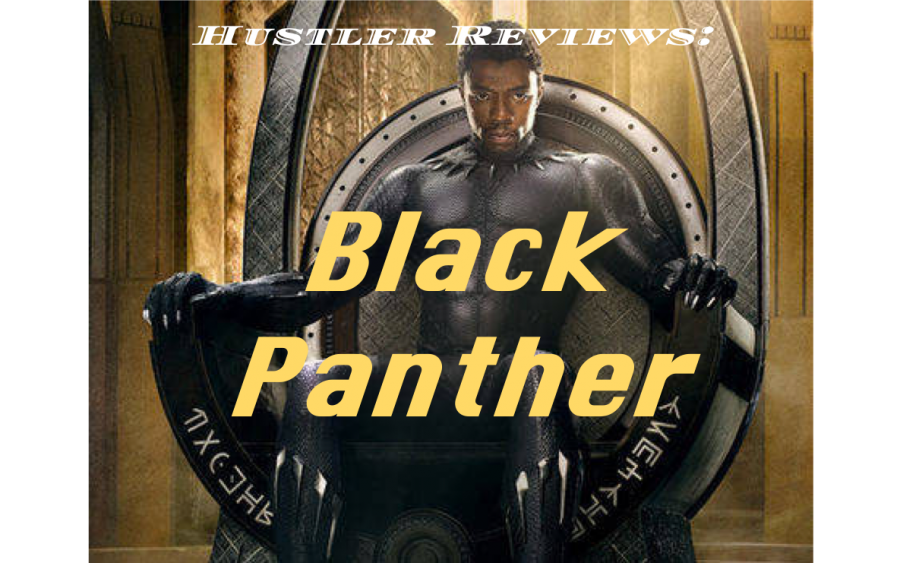War rages in the fictitious African nation of Wakanda. Its king is dead and Vibranium, its prime resource, is at risk of being stolen. T’Challa, the rightful heir to the throne, returns home to succeed his father. As soon as the transition of power seems settled, a contender emerges to challenge the prince: a soldier known as Killmonger. Partake in this journey to the African oasis to see who will emerge victorious and claim the coveted mantle of Black Panther.
Black Panther not only redefines the standards of the Marvel Cinematic Universe (MCU) with its predominantly black cast and African inspiration. It does so with first-rate writing and acting, creating a consummately terrific motion picture. Critics are hailing it as not only a cinematic triumph, but also a cultural landmark, as it tells one man’s story while celebrating an entire continent’s rich culture.
T’Challa’s story picks up immediately after the events of Captain America: Civil War, wherein King T’Chaka (John Kani) is brutally murdered while advocating for oversight of the Avengers. Now, the group has scattered, and its Wakandan newcomer (Chadwick Boseman) must return home to formally ascend the throne.
T’Challa needs all the help he can get to protect his mantle as Black Panther and Wakanda from global ruin. The winsome spy Nakia (Lupita Nyong’o) and the loyal, fearsome Okoye (Danai Gurira) make faithful allies for the rightful king, along with his sister as his gadget guide and mother Ramonda (Angela Bassett) as his confidante. Together, these five actors anchor Black Panther with rousing performances.
Superior acting is one of Black Panther’s many achievements. Returning in his role as T’Challa after 2016’s Captain America: Civil War, Chadwick Boseman brings relaxed confidence to his role as the warrior king. Jordan is unflinching as Killmonger, filling each frame with a ferocious charisma. Nyong’o, Wright, Gurira and Bassett are all phenomenal in their supporting roles as well, helming a Wakandan society rich with African tribal influences. Director Ryan Coogler’s aim to tell an authentically African story combines with these performances and strong writing to create an unforgettable 18th chapter in the MCU.
T’Challa and T’Chaka’s relationship is the heart and soul of Black Panther, shown mainly through flashbacks and dreams. T’Challa loves his father deeply and is determined to lead Wakanda in his father’s footsteps. Times are changing, however, and the king must decide whether to emulate his late father or respond to emerging threats. Public unrest regarding the Avengers and Killmonger’s destructive plans for Vibranium threaten to expose Wakanda’s advanced capabilities to the rest of the world, putting its people in unprecedented danger. Boseman’s character must decide what kind of king he will become amidst this adversity, and Coogler expertly orchestrates his maturation.
In terms of flaws, Coogler’s film does suffer from storytelling flaws prevalent in franchise hero flicks. As Wakandan leaders wrestle with the confrontation between T’Challa and Killmonger, and the contender promises global supremacy for Wakanda, battle lines begin to blur. In particular, I found Daniel Kaluuya’s character flipping loyalties from his close friend T’Challa to the belligerent newcomer suspiciously fast. Other turning points in the story suffer under similar scrutiny, as Coogler’s script is sufficient to serve grander aspects of the movie while falling short of being superb.
Many will argue that Black Panther has set a new standard for the fantasy genre, remaining faithful to dramatic storytelling while taking weighty social issues head-on. For an edge-of-your-seat thrill ride and indelible recoloring of a culturally homogenous franchise, Black Panther earns an 8/10 and is an absolute must-see.

